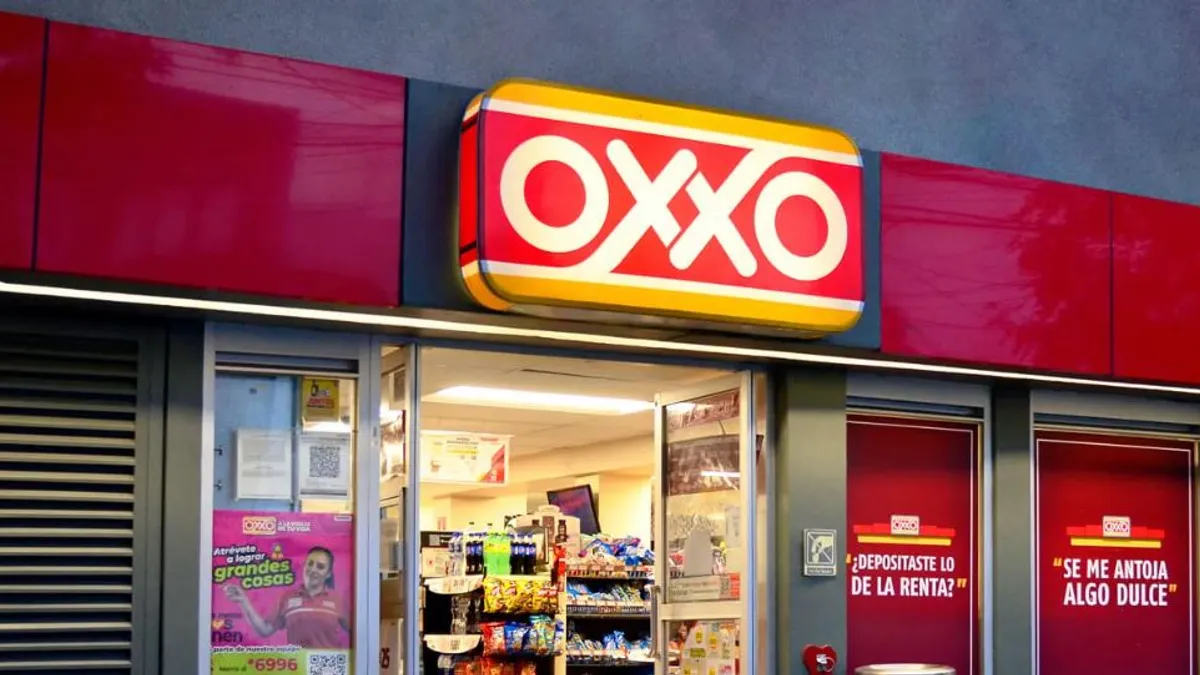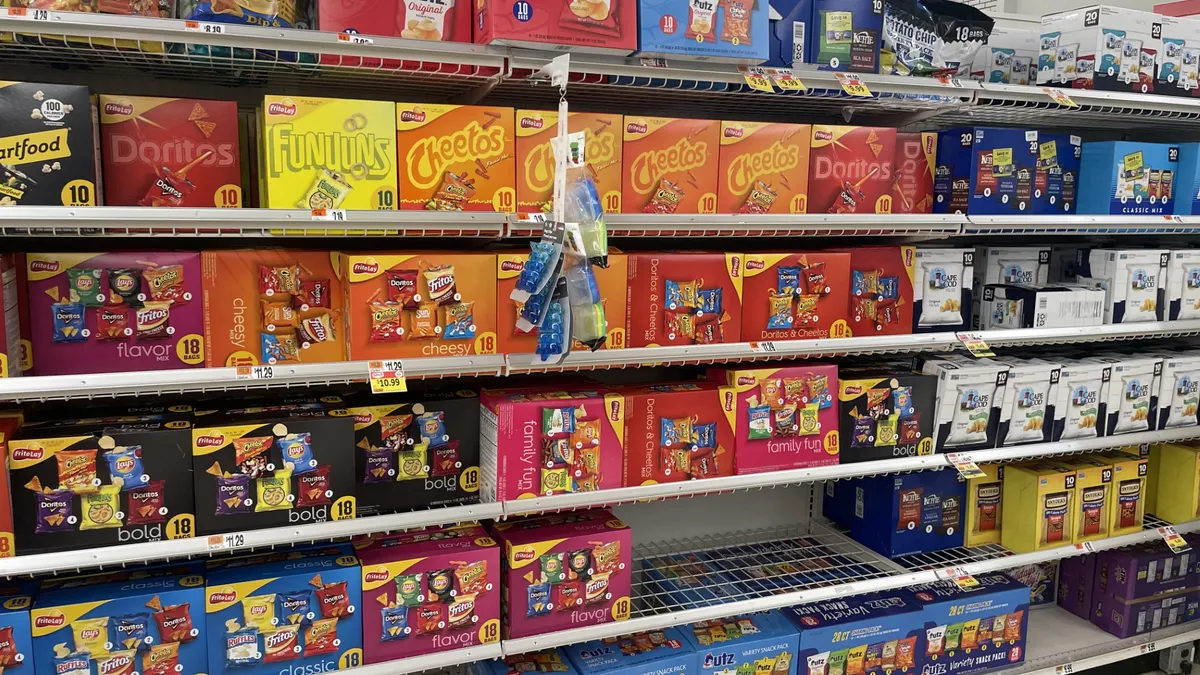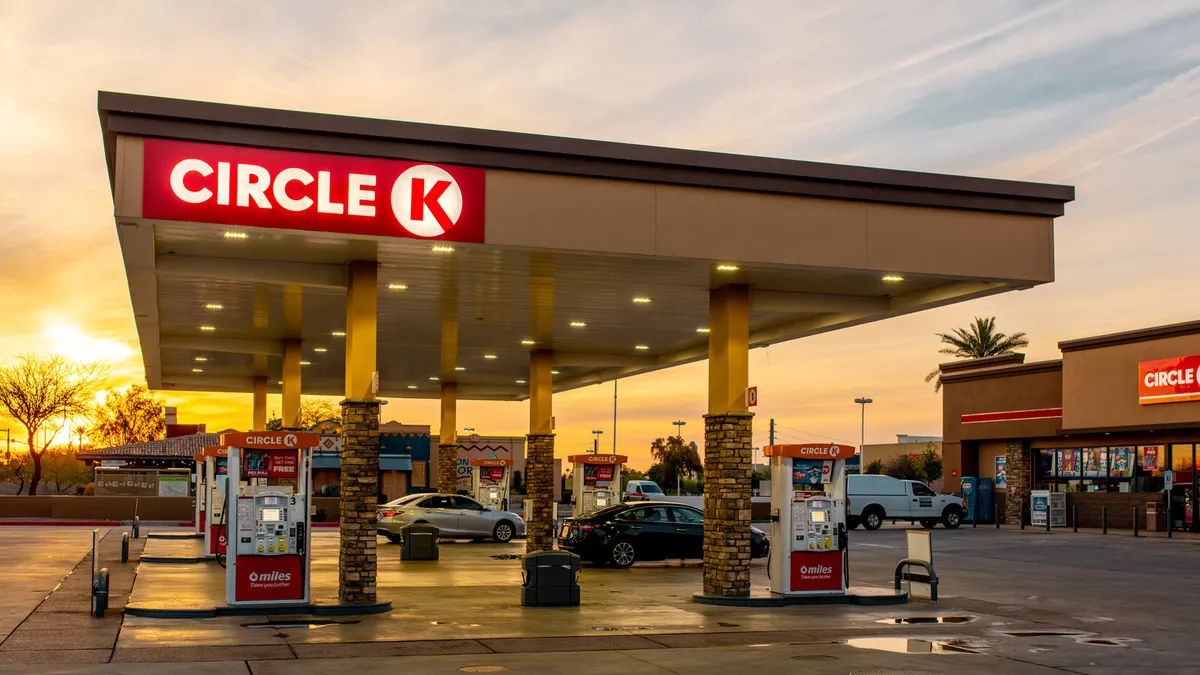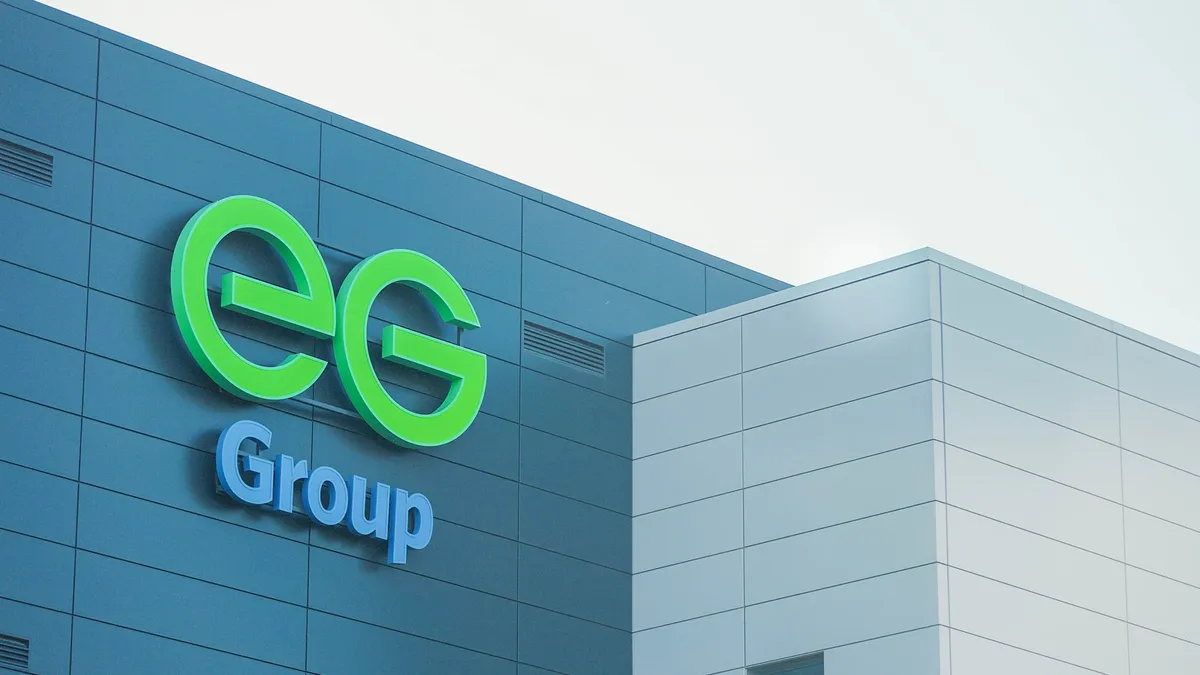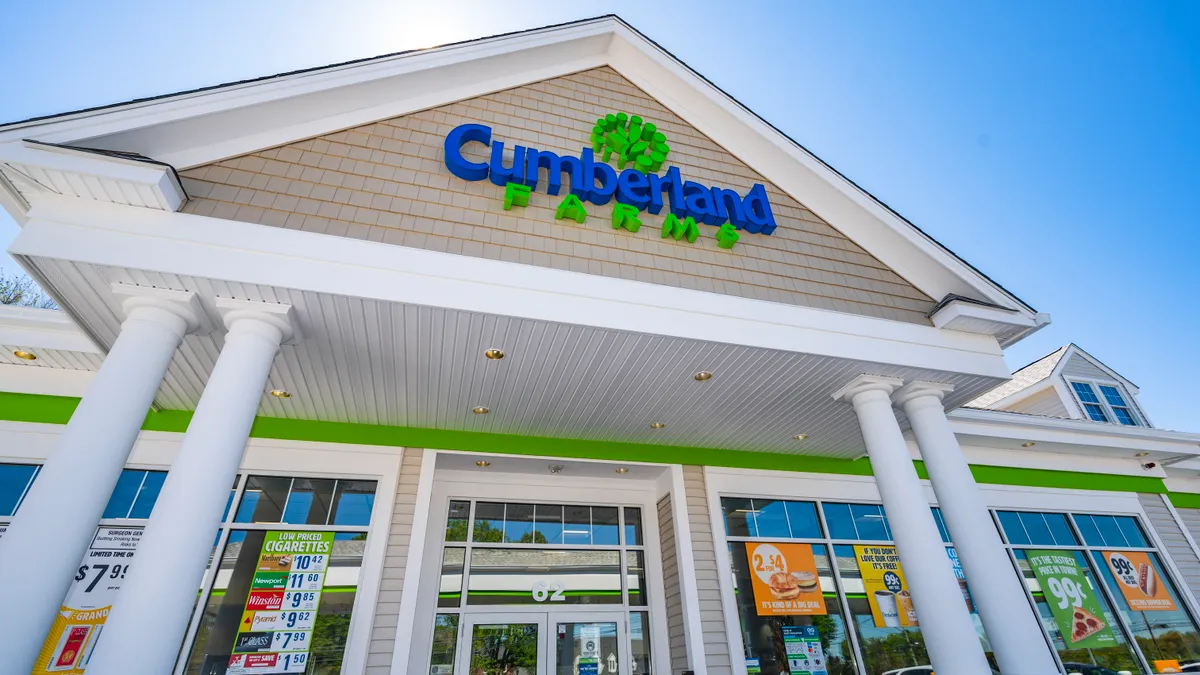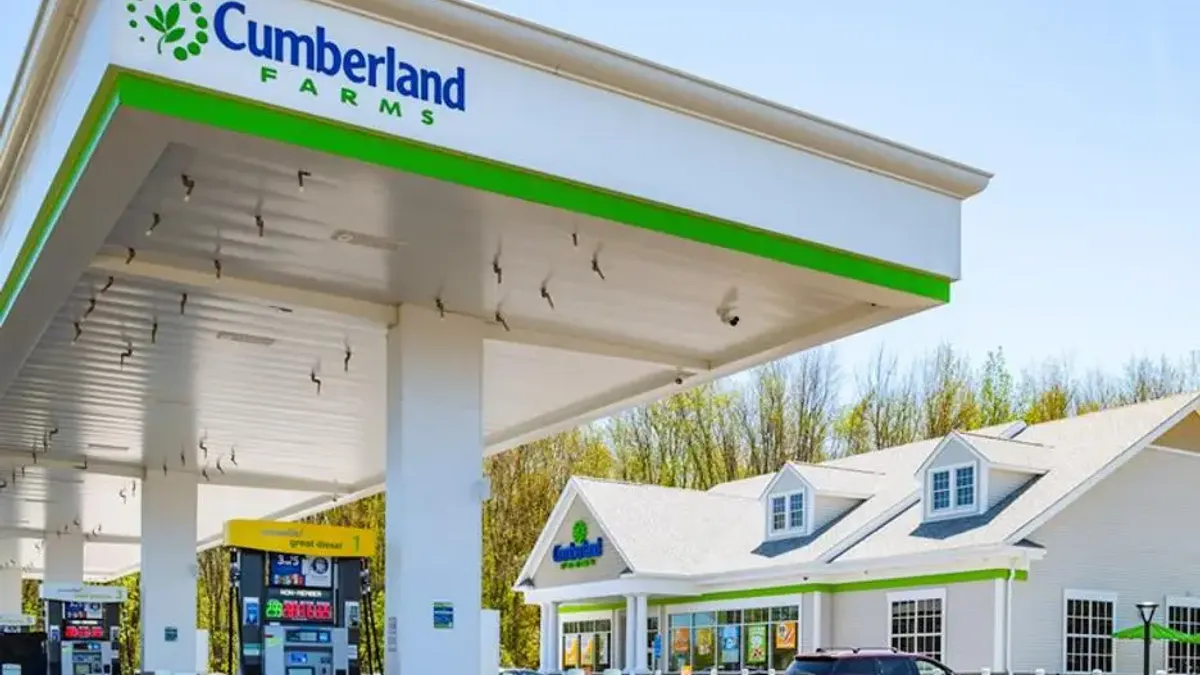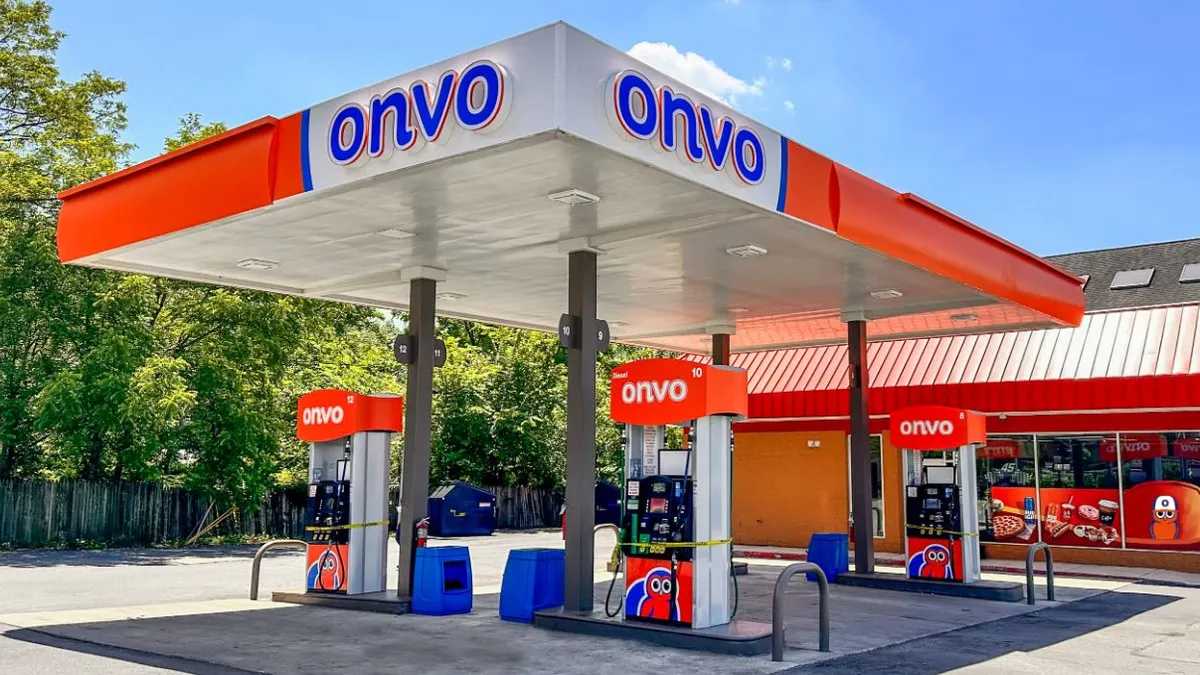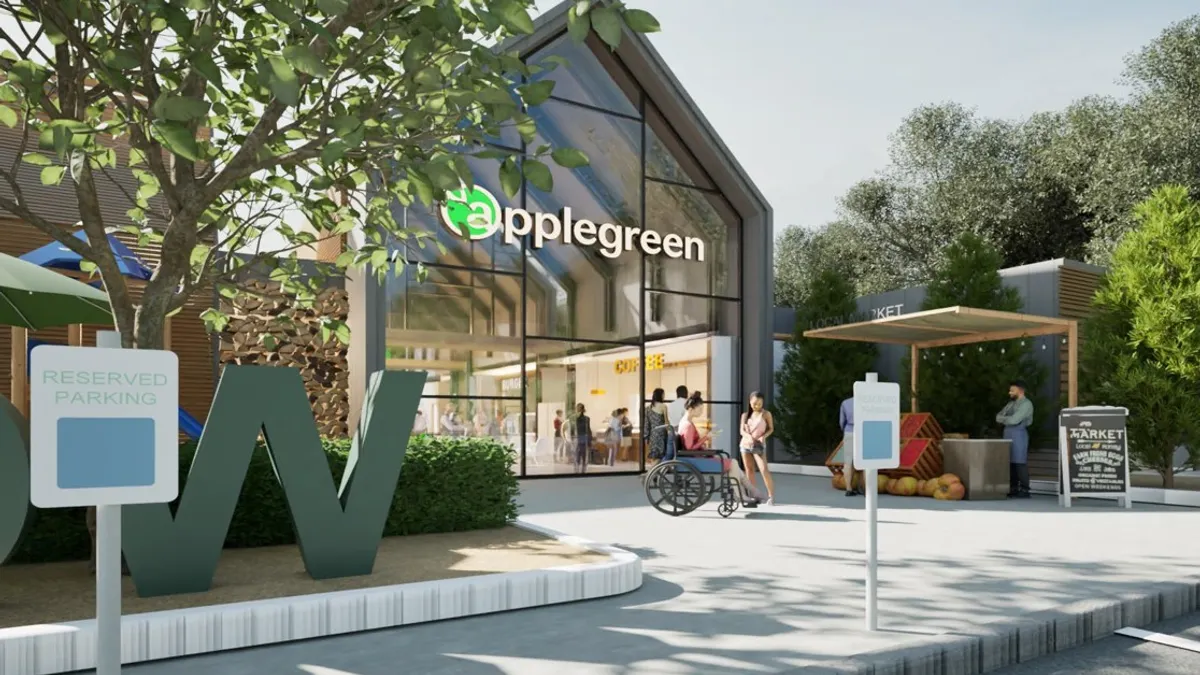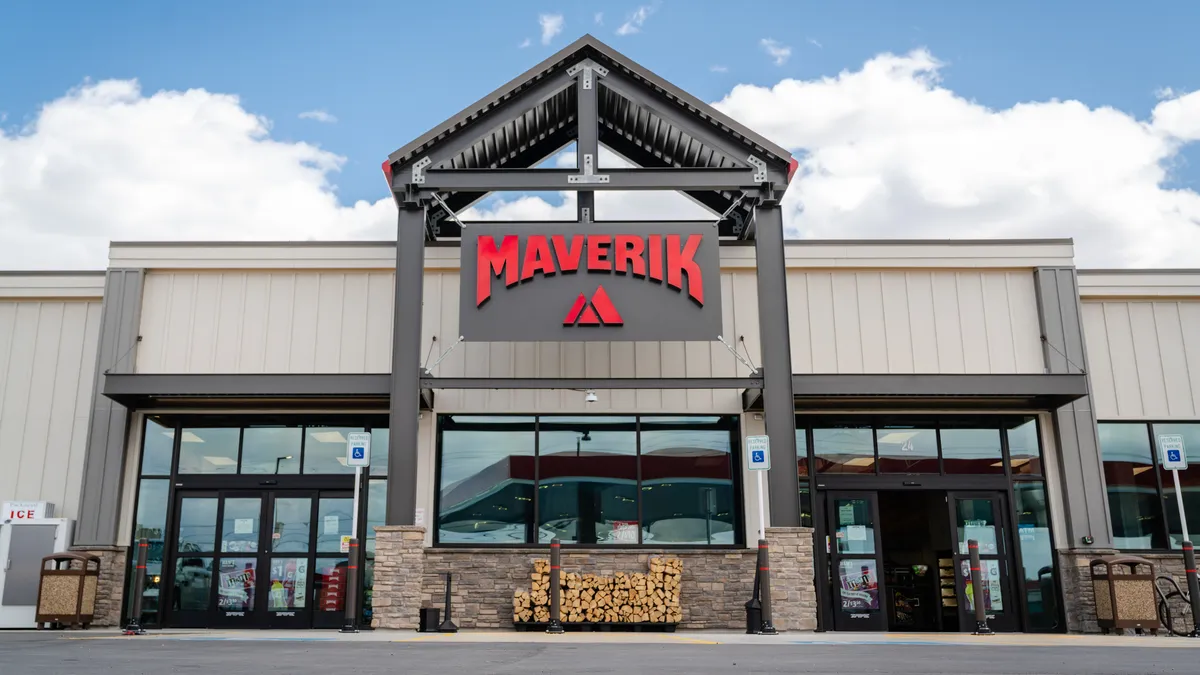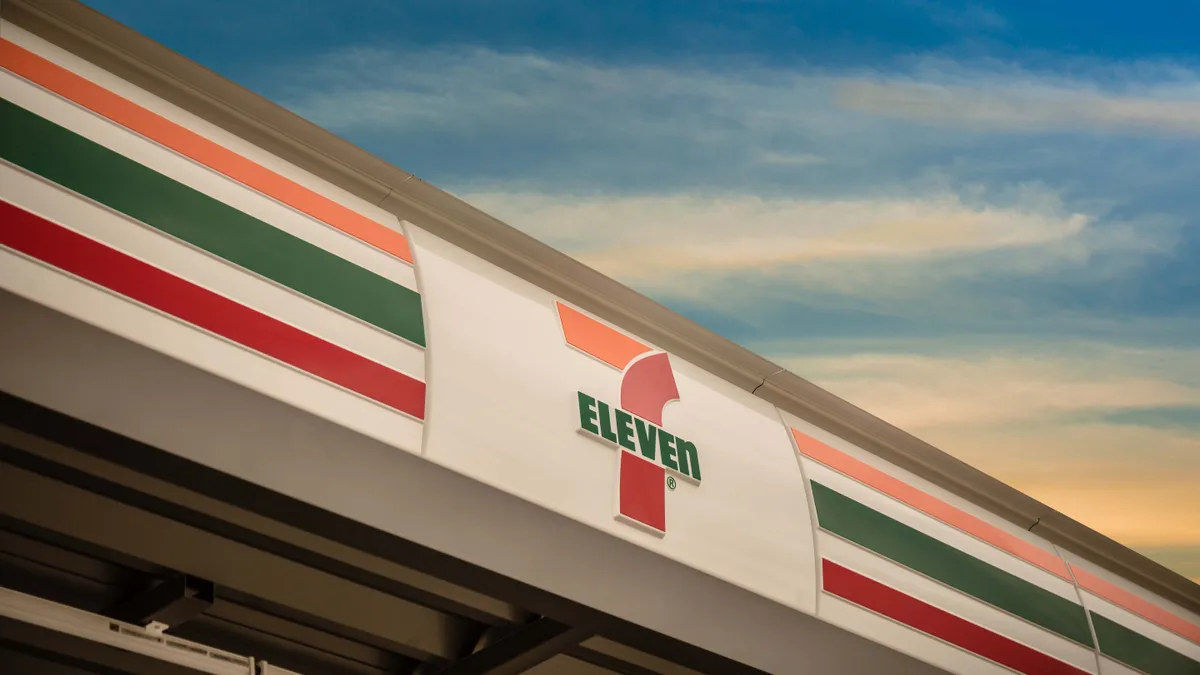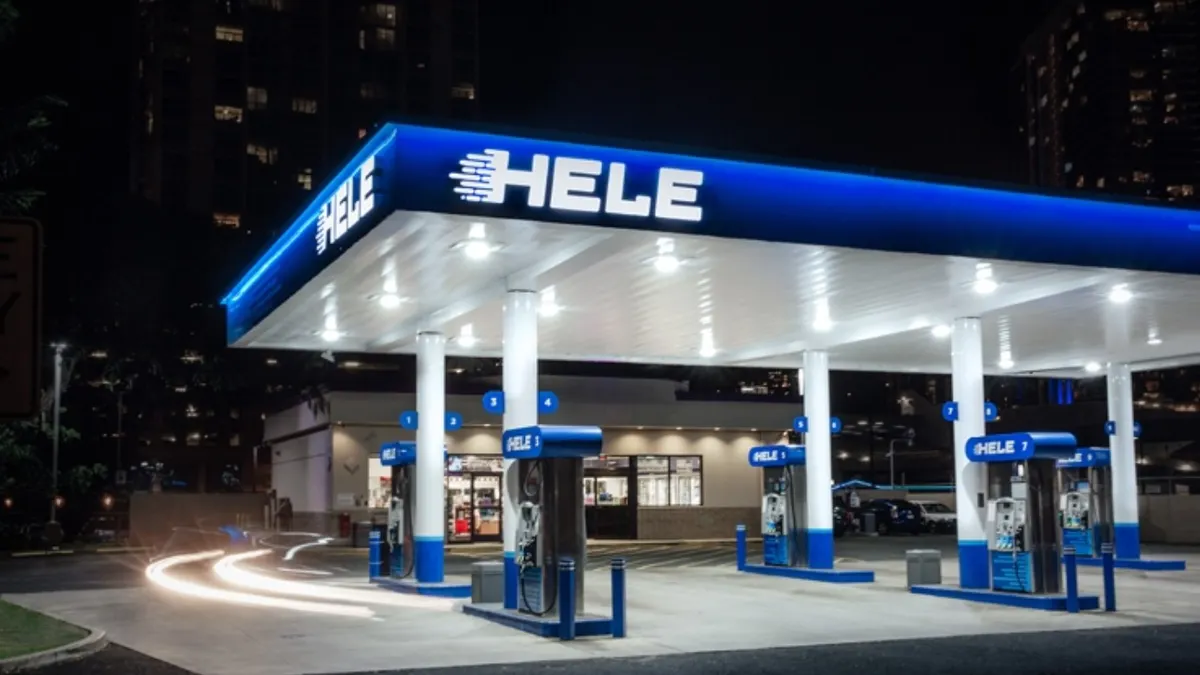In 2014, Mexican retailer and bottling company Fomento Económico Mexicano S.A.B. de C.V. (FEMSA) had just under 13,000 Oxxo convenience stores across its network. That summer, the company looked to take a leap of faith by opening an Oxxo in Eagle Pass, Texas — its first convenience store in the U.S.
It’s unclear if the store ever opened, and one glance at the store on Google Maps indicates it’s not there now.
About a year later, FEMSA planned a second Oxxo in Texas, this time in Laredo, another small town close to the Mexican border. While that store appears to still be open, its phone number is disconnected.
On Thursday, FEMSA firmly planted its roots in the U.S. by announcing it agreed to acquire Delek US Holdings’ retail business, which includes 249 convenience stores across Texas, Arkansas and New Mexico. The $385 million agreement is expected to close by the end of 2024, both companies said.
The move makes sense for Delek — mainly known for its refining business — which had openly teased a sale of its retail arm for the past year and half, saying a transaction could boost shareholder value. Earlier this year, Delek even cut its retail capital budget in half after its c-store division saw a $74 million drop in revenue in 2023 compared to 2022.
For FEMSA, the deal doesn’t just stamp its long-awaited arrival in the U.S. As retailers like 7-Eleven, Casey’s General Stores and Alimentation Couche-Tard continue to dominate the c-store M&A landscape, FEMSA’s emergence establishes a new competitor with the financials to continue growing at a rapid clip.
“It’s a complex company in that it [owns] the world's largest distributor and bottler of Coca-Cola products,” said David Marcotte, senior vice president for market research firm Kantar, where he leads insights on international retail, business processes and technology. “That gives them an incredible spine of logistics to build just about anything they want.”
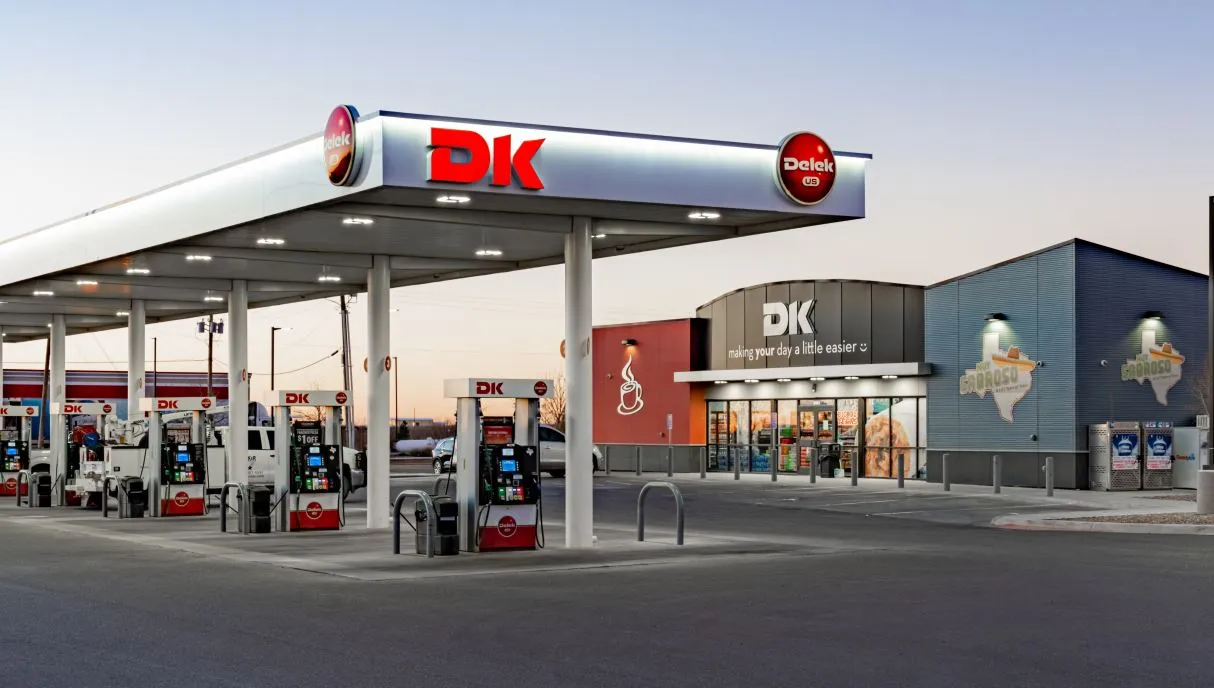
A new threat in Texas — and maybe beyond
Last February, FEMSA’s leadership revealed its FEMSA Forward plan, in which the company would prioritize its retail, beverage and digital businesses. Part of that plan included reaching the U.S., which the company couldn’t achieve until it sold its shares in beer company Heineken, according to reports at the time and Marcotte.
“They had a Heineken distribution agreement that violated various states' arrangements about who owns liquor stores versus who can sell and such,” according to Marcotte, who said he’s worked as a consultant for FEMSA on and off for the past quarter century.
Once FEMSA sold its Heineken shares in May 2023, Marcotte said it became apparent that the company wanted to prioritize its U.S. expansion.
“I saw it clearly as a sign that they were establishing the ground rules for how they were going to move into Texas,” he said. “So this is a long time coming.”
Once the deal with Delek closes, FEMSA will have a strong foundation of convenience stores in the U.S. Regardless of whether those locations remain under the Delek branding or if they’ll take on the Oxxo banner, FEMSA's presence will have ripple effects on the broader U.S. c-store landscape, Marcotte noted.
Among those is increased pressure on another retailer with a massive foothold in Texas.
“7-Eleven’s going through some significant strategy shifts, and I think those are going to accelerate,” he said. “There's been a lot more productive synergy going on between Seven & I and 7-Eleven in the United States that might go further.”
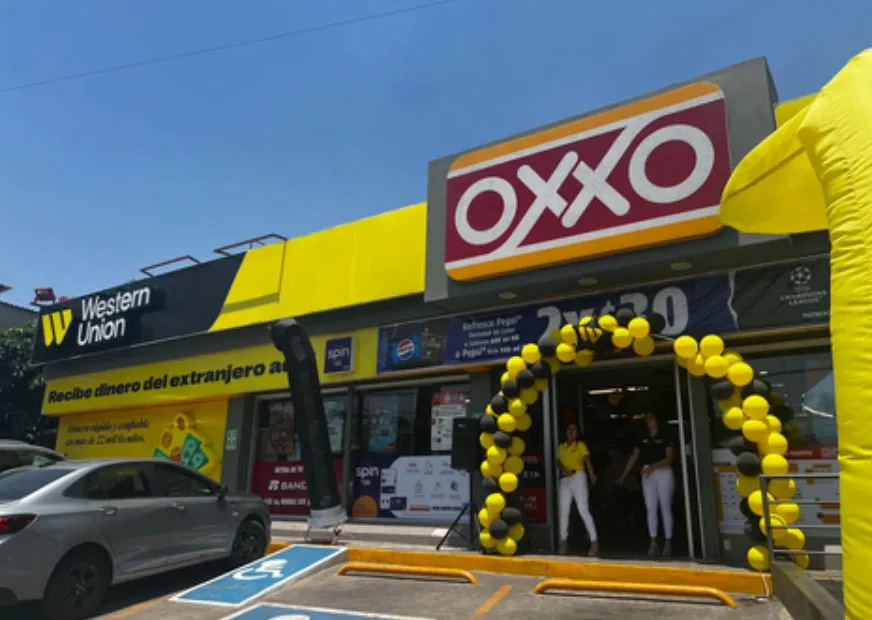
Marcotte believes that one of FEMSA’s biggest advantages is its financials. Its total consolidated revenue grew by about 18% in 2023 compared to 2022, according to its 2023 annual report. This gives FEMSA the ability to move quickly if it wishes to do so — and keep acquiring stores.
“The other side of this is it gives them a position legally inside the United States to keep the pressure on mergers and acquisitions,” he said. “They have more than enough cash flow.”
Marcotte also noted that FEMSA’s several business units will play to its advantage during its U.S. expansion. Besides c-stores and its Coca-Cola bottling group, the company also operates drug stores and a third-party logistics service.
“They could do a lot of different things once they start getting their real estate in order,” Marcotte said.
Despite being in a position to grow fast, Marcote doesn’t see FEMSA doing much beyond the Delek acquisition until it’s settled and understands the day-to-day environment of U.S. retail.
“I don't think they're going to buy anything else for about another six to 12 months,” he said. “They're going to try to figure out what they got.”



